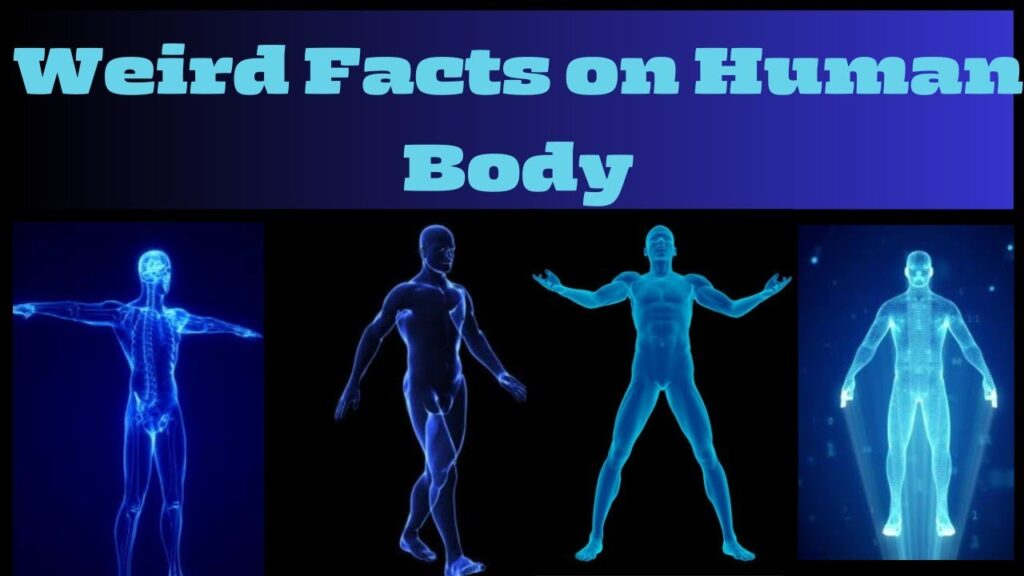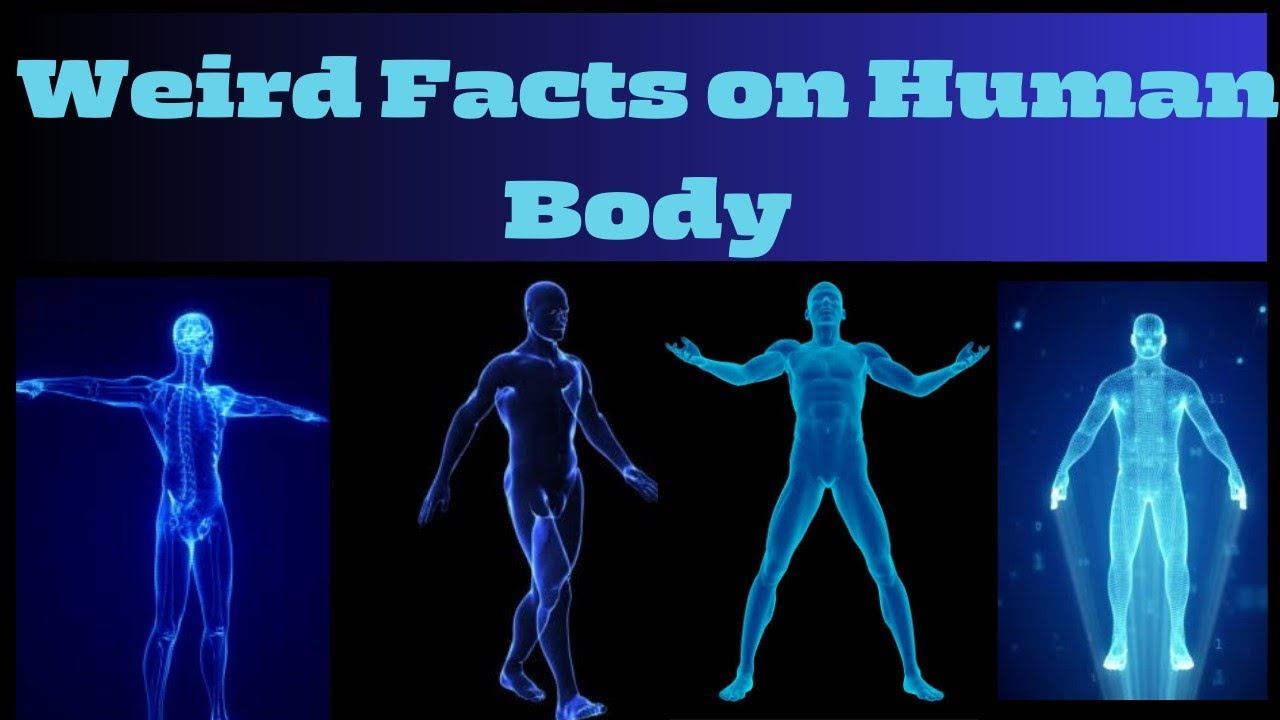
Unveiling the Inner World: Exploring the Best Movies About the Human Body
The human body, a marvel of biological engineering, has captivated storytellers and filmmakers for decades. From documentaries that meticulously dissect its intricate systems to science fiction narratives that explore its potential and limitations, movies about the human body offer a fascinating glimpse into the complexities of our physical selves. This article delves into some of the most compelling films that explore the inner workings, vulnerabilities, and extraordinary capabilities of the human form.
The enduring fascination with the human body stems from its inherent mystery. We inhabit these vessels, yet often lack a comprehensive understanding of the processes that sustain us. Movies provide a unique lens through which to examine our anatomy, physiology, and the myriad ways in which our bodies interact with the world around us. Whether through dramatic storytelling or factual exposition, these films offer a journey into the very essence of what it means to be human.
Documentaries: A Journey Inside
Documentaries provide a factual and often visually stunning exploration of the human body. These films often employ advanced imaging techniques, such as MRI and endoscopy, to reveal the hidden landscapes within us.
Incredible Human Machine (National Geographic)
This documentary series from National Geographic is a classic example of how filmmaking can illuminate the inner workings of the body. Using cutting-edge technology, it showcases the remarkable coordination of muscles, bones, and nerves that allow us to perform everyday tasks. It’s an accessible and engaging introduction to the complexities of human physiology. The human body is presented as a finely tuned machine, capable of incredible feats of endurance and precision.
The Body: Inside Out
Another noteworthy documentary, “The Body: Inside Out”, delves even deeper, exploring the body’s defenses against disease and the constant battle to maintain homeostasis. It examines the immune system, the circulatory system, and the nervous system in intricate detail. This movie is an excellent resource for anyone seeking a more in-depth understanding of how the human body functions at a cellular level.
Fiction Films: Exploring the Boundaries of the Human Form
Beyond documentaries, fiction films offer a more imaginative exploration of the human body, often pushing the boundaries of what is possible and raising profound ethical questions.
Gattaca (1997)
“Gattaca” presents a dystopian future where genetic engineering determines social status. The film explores themes of discrimination, ambition, and the inherent value of human potential, regardless of genetic makeup. While not strictly about the anatomy of the human body, it raises important questions about the ethics of manipulating our genes and the societal implications of such technologies. [See also: Ethical Considerations in Genetic Engineering]
The Fly (1986)
David Cronenberg’s “The Fly” is a science fiction horror classic that delves into the terrifying consequences of scientific hubris. A scientist’s experiment goes horribly wrong, leading to a gradual and grotesque transformation. The film is a visceral and disturbing exploration of the fragility of the human body and the potential dangers of tampering with nature. It’s a chilling reminder of the limits of scientific ambition and the importance of ethical considerations.
Limitless (2011)
“Limitless” explores the hypothetical potential of unlocking the full capacity of the human brain through a fictional drug. While the scientific accuracy is debatable, the film raises intriguing questions about the untapped potential within us and the ethical considerations of enhancing our cognitive abilities. The movie showcases the enhanced capabilities of the human body and mind when pushed to their theoretical limits.
Awake (2007)
This thriller explores the phenomenon of anesthesia awareness, where a patient is conscious during surgery but unable to move or speak. It is a harrowing portrayal of the vulnerability of the human body under medical procedures and the psychological trauma that can result from such experiences. “Awake” highlights the importance of patient care and the potential for medical errors to have devastating consequences.
Animation: Visualizing the Invisible
Animation offers a unique advantage in visualizing the complex and often invisible processes within the human body. These films can simplify complex concepts and make them accessible to a wider audience.
Osmosis Jones (2001)
“Osmosis Jones” is an animated action-comedy that takes place entirely within the human body. The film personifies cells and viruses, creating a vibrant and engaging world that makes learning about biology fun. It’s a creative and entertaining way to understand the immune system and the constant battle against infection.
The Future of Movies About the Human Body
As technology continues to advance, we can expect to see even more sophisticated and immersive movies about the human body. Virtual reality and augmented reality technologies offer the potential to experience the inner workings of our bodies in unprecedented ways. Imagine being able to virtually travel through the bloodstream or witness the intricate dance of neurons in the brain. These advancements promise to revolutionize the way we understand and appreciate the marvels of human biology.
Furthermore, the increasing focus on personalized medicine and genetic engineering will likely inspire new narratives that explore the ethical and societal implications of these technologies. Movies will continue to play a crucial role in shaping public understanding and sparking important conversations about the future of the human body.
The Importance of Accurate Representation
While movies about the human body can be entertaining and informative, it is crucial to ensure that they are based on accurate scientific information. Misinformation or exaggeration can lead to misunderstandings and potentially harmful beliefs. Filmmakers have a responsibility to consult with experts and present information in a responsible and ethical manner. When watching movies that tackle complex biological concepts, it’s always a good idea to cross-reference the information with reliable sources.
Conclusion
Movies about the human body offer a diverse and engaging exploration of our physical selves. From documentaries that reveal the intricate workings of our organs to science fiction narratives that explore the boundaries of human potential, these films provide a unique lens through which to examine the complexities of human biology. Whether you are a student of medicine, a science enthusiast, or simply curious about the marvels of the human body, there is a movie out there that will captivate and inform you. The enduring fascination with the human body ensures that this genre will continue to evolve and inspire for generations to come. The human body, in all its complexity, continues to be a source of endless fascination and inspiration for filmmakers and audiences alike. Exploring the cinematic representations of the human body offers valuable insights into our understanding of ourselves and the world around us. The movies about the human body are a testament to our ongoing quest to understand the intricacies of life itself. The human body is a complex and fascinating subject, and movies provide a unique way to explore its mysteries. Understanding the human body is crucial for our health and well-being. The human body is truly an incredible machine.

